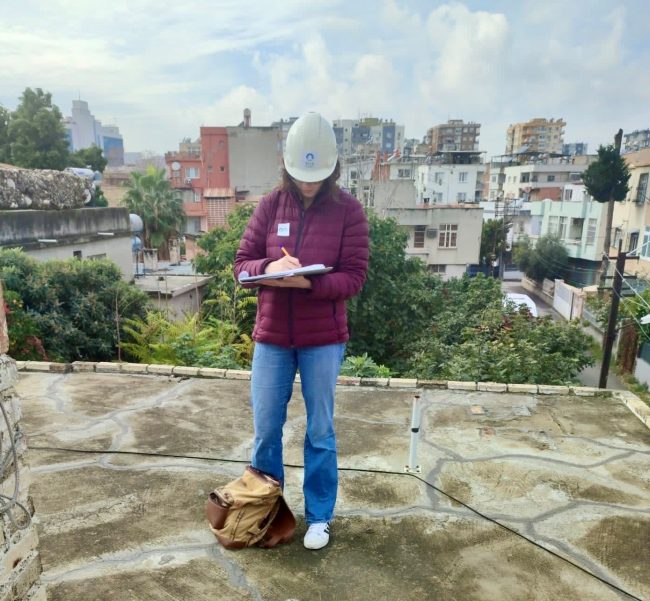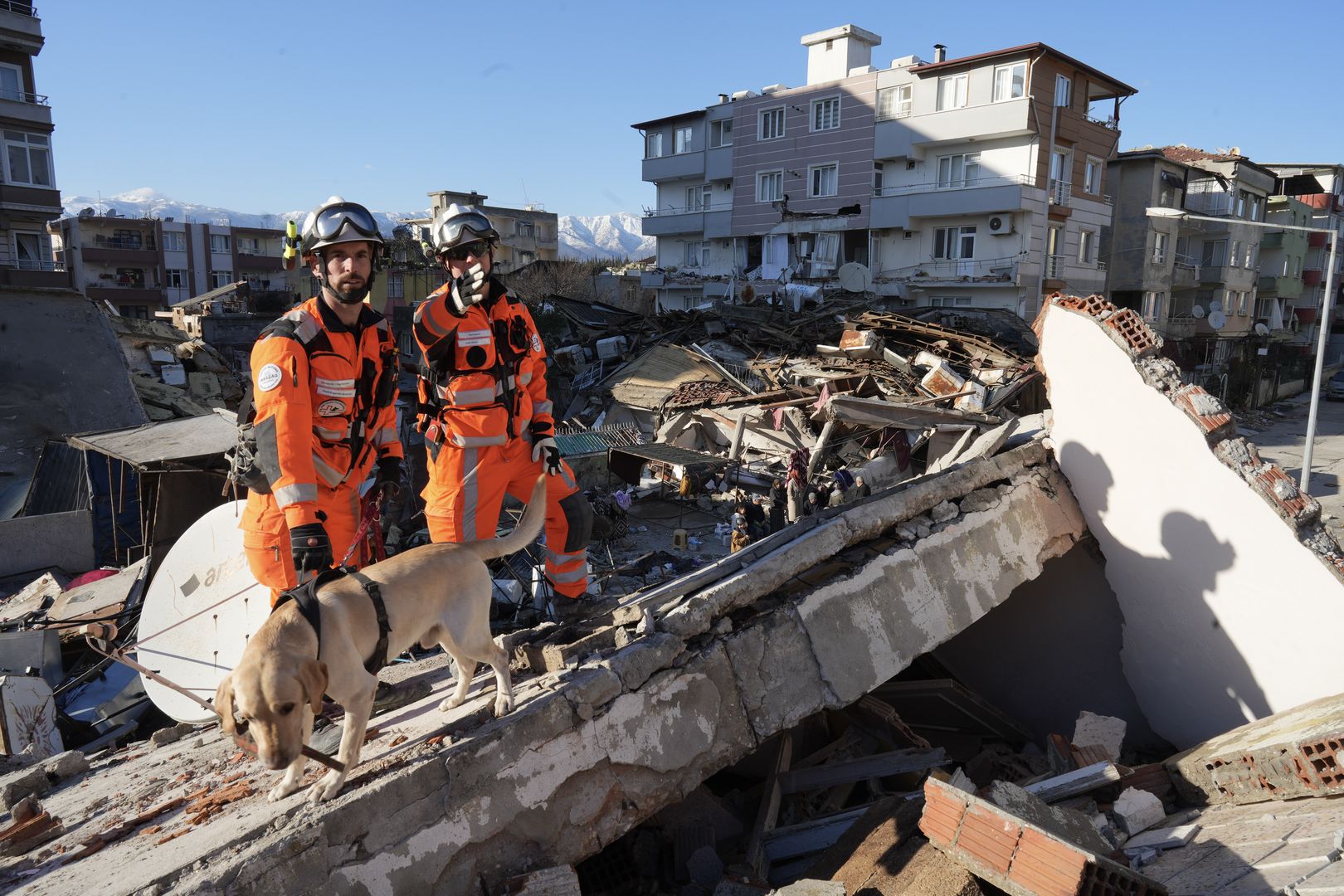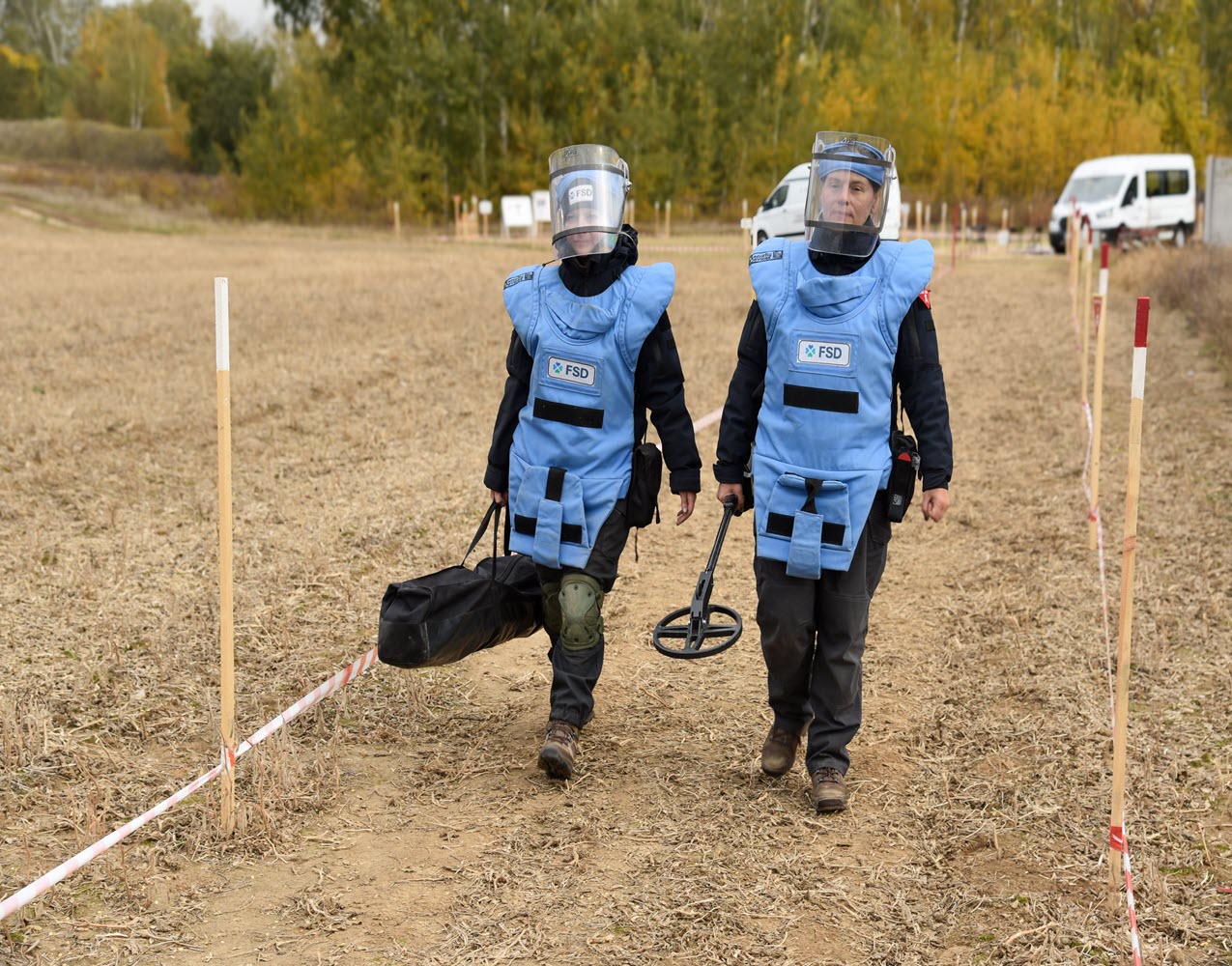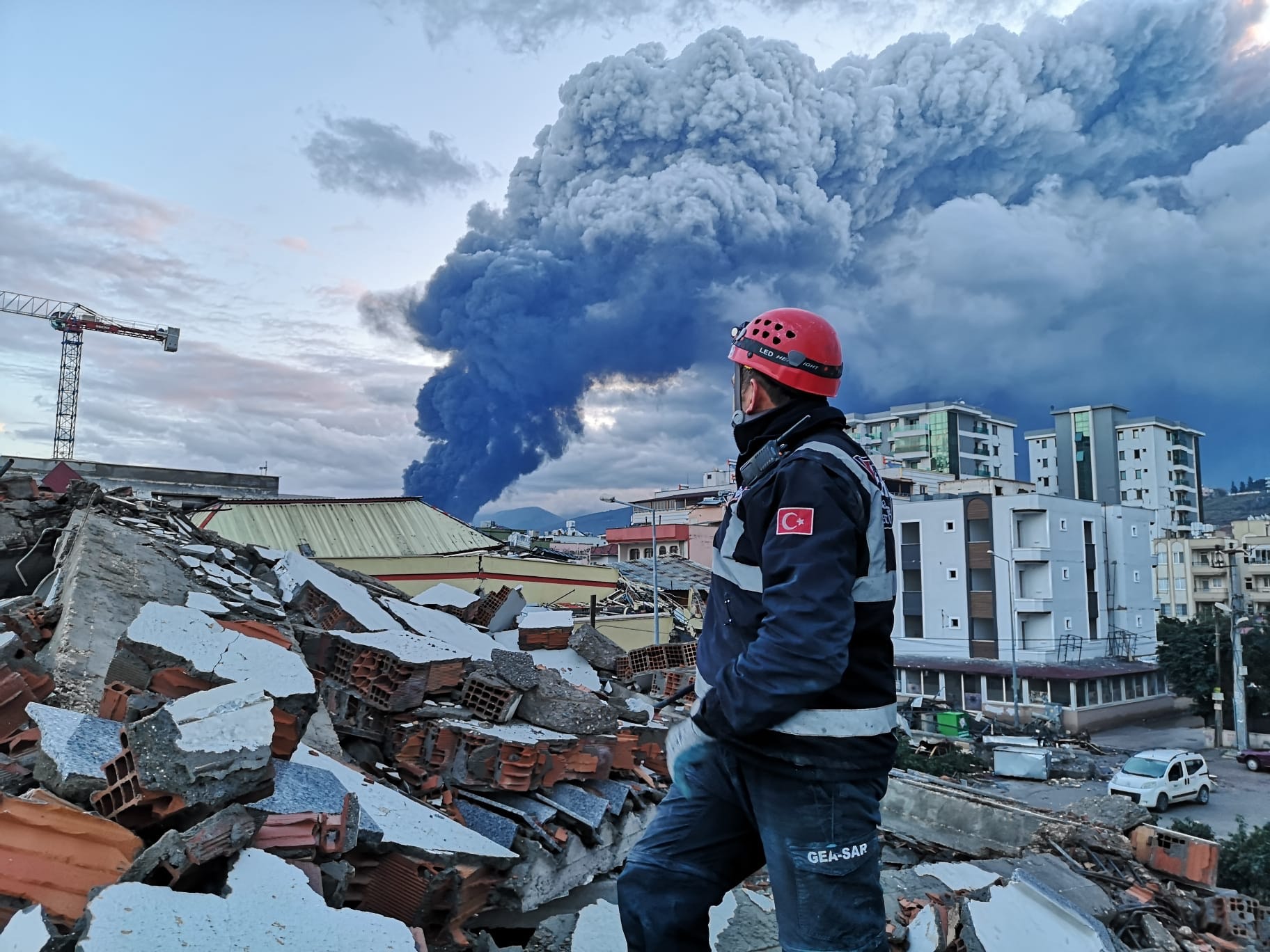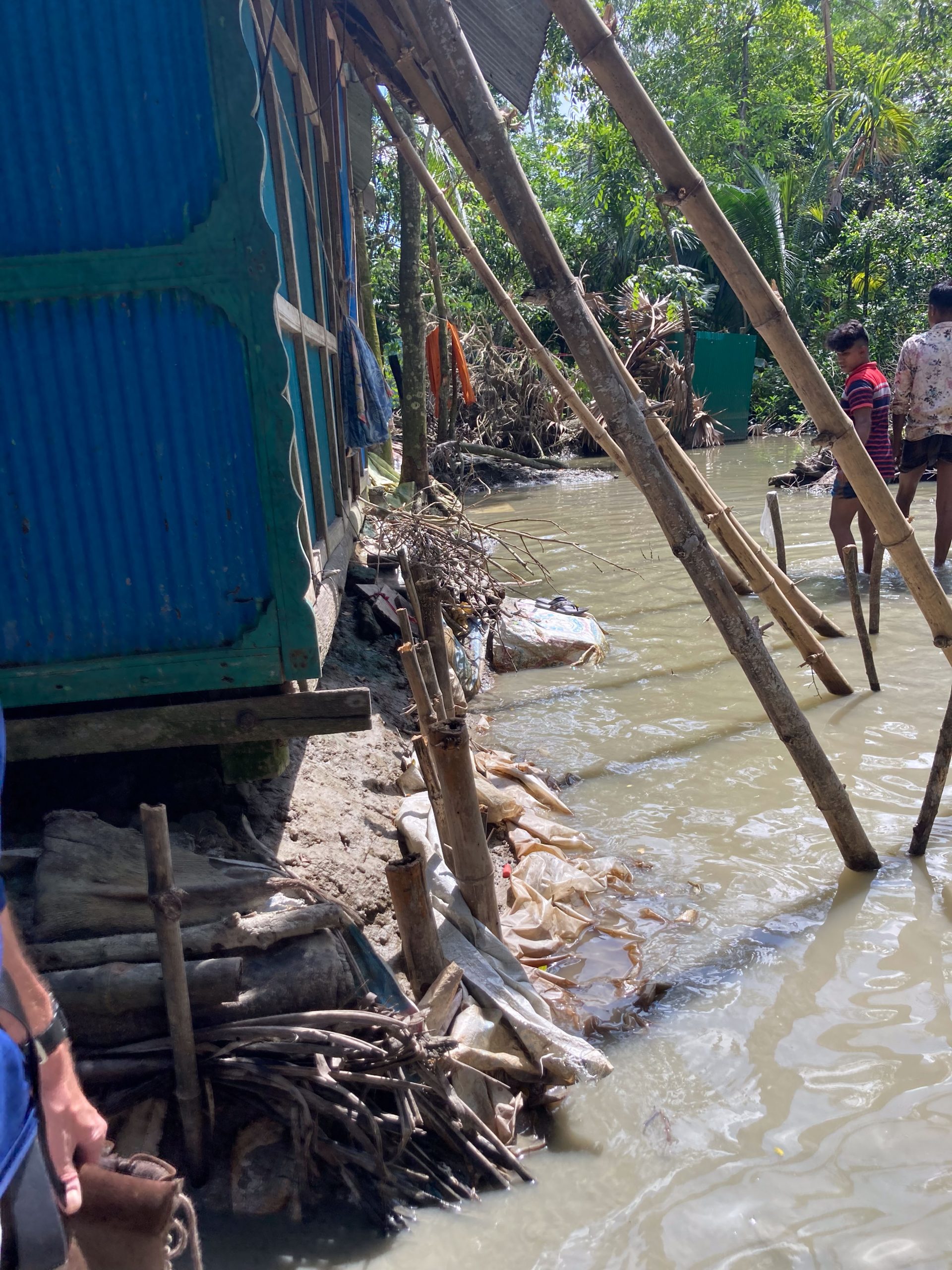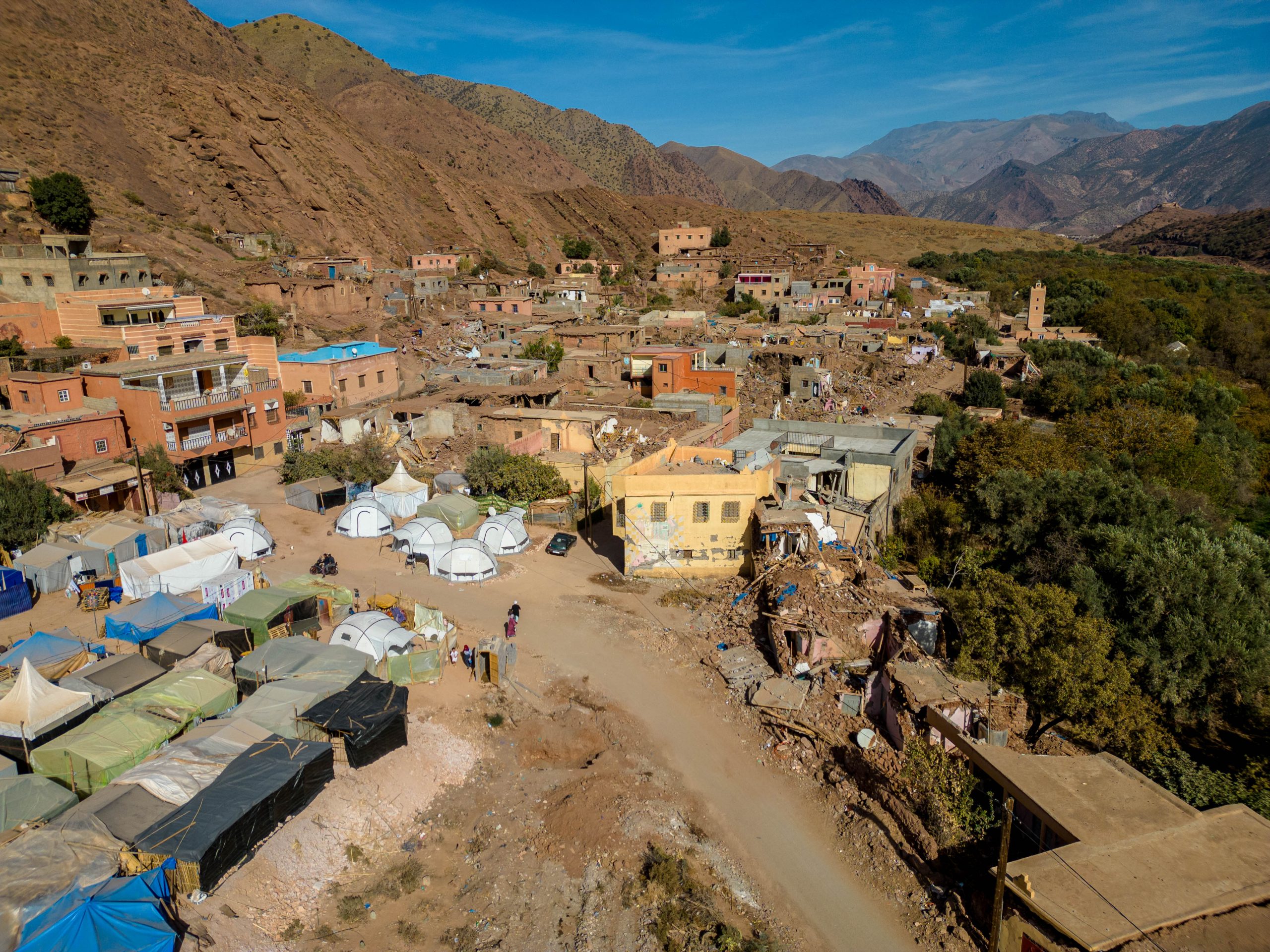
More than 3,000 people are likely to have died since then, and an estimated 6.6 million people have been affected in other ways – for example, losing homes, farms or businesses. Many of these people are in mountainous areas that have become extremely difficult to access after rock and mud slides blocked roads.
ShelterBox deployed a Response Team (SRT) to Marrakesh in the days immediately after the quake, to liaise with local Rotary organizations and the Moroccan government, which is centrally directing the disaster response.
ShelterBox’s intervention provides displaced families with an aid package that includes a tent, thermal blankets, a solar lamp and a kitchen set – immediately providing shelter, warmth and safety.
ShelterBox believes that keeping local families close to their communities has many advantages over evacuation to other areas of the country. These include:
• Families are able to begin reconstructing their homes more quickly;
• Agricultural workers remain close to the farms that provide their income;
• Children will be able to return to their local schools with the minimum of disruption to their education.
Taken together, these benefits promote families’ and communities’ faster self-recovery – allowing them to rebuild their livelihoods while preserving their dignity. In total, ShelterBox is expecting to provide 1,200 aid packages to families in Morocco, of which an estimated 200 are funded by the JTI Foundation.
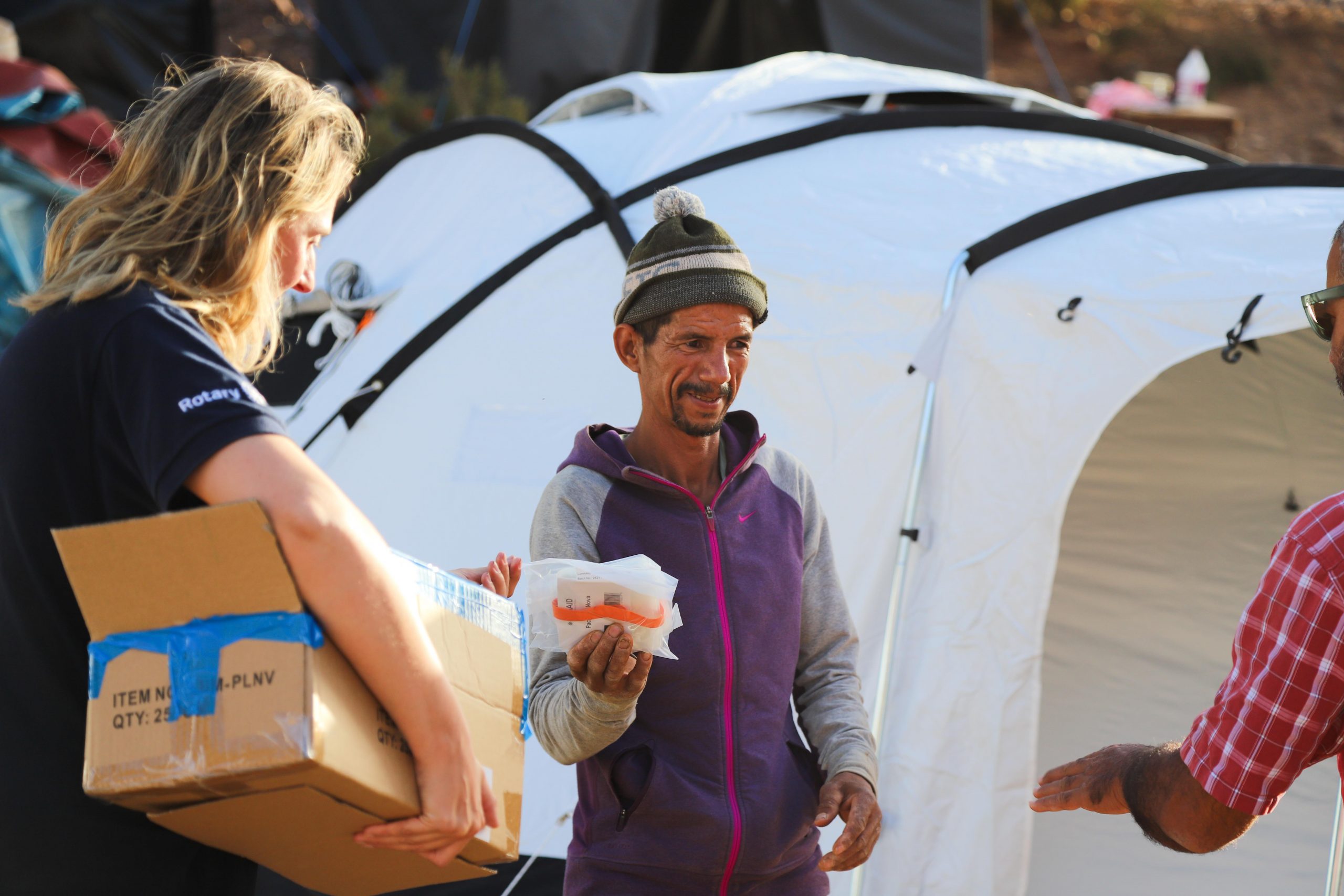
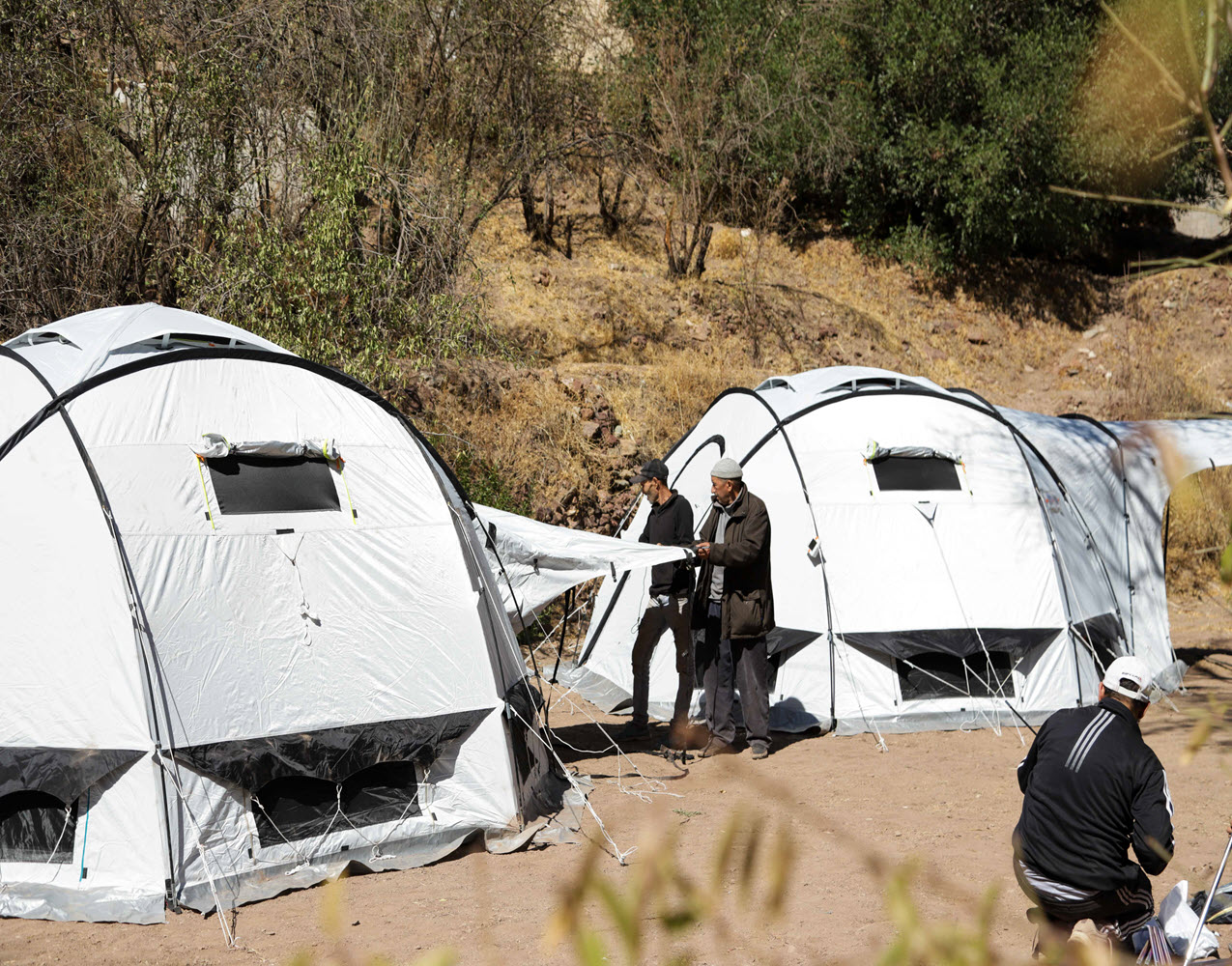
OVER 20 YEARS OF INVESTMENT IN DISASTER MANAGEMENT INITIATIVES
Countries where we have supported our partners’ work in response to a growing range of threats to life and livelihood
Million USD invested since 2001 to help communities better prepare for – and recover from – natural and man-made disasters
Projects addressing a broad range of challenges, including mine-clearance, emergency shelter, resilient housing solutions and capacity building

